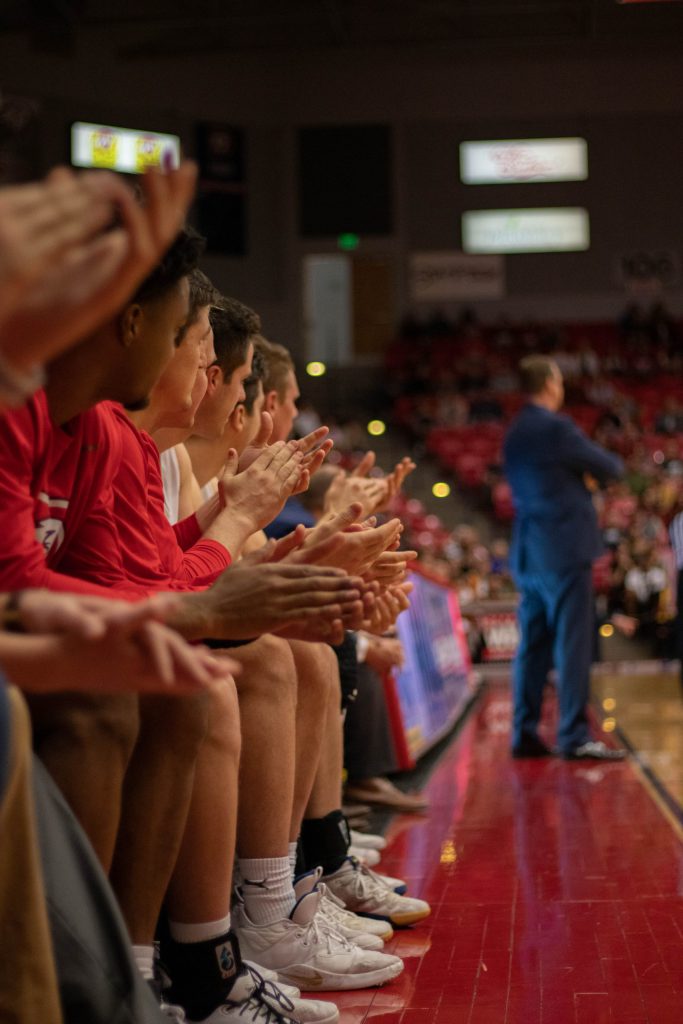Sports fans are disappointed once again in star athletes after a summer full of scandals.
Athletes were caught doping, crashing wild parties, arrested for murder and for selling their autograph to fans.
On Dec. 8, 2012, Johnny Manziel, Texas A&M University quarterback, was selected as the Heisman Trophy winner. Seven months later, Manziel was under investigation by the NCAA after reports of him selling his autograph to an exclusive broker were released.
Sources said Manziel would not play this season, the coveted Heisman would be taken from him, and that he could kiss college football goodbye.
If all of that could be the consequences, then why did he risk it all just to make a little money?
Taylor Mann, a junior English major from Castle Dale, said a young Manziel got caught up in the fame and excitement of it all.
“He is young and realized how big of a deal he really is.” Mann said. “He is excited for his future.”
Mann is not the only one who believes this was Manziel’s problem.
“He is a 19-year-old kid that was thrust into the spotlight,” said Jason Boothe, Dixie State University athletic director. “It is unfortunate, but it happens all of the time.”
While Manziel is new to the spotlight, veteran baseball player Alex Rodriguez is not.
Rodriguez was caught in a scandal late this summer that led to his one-year suspension from baseball
Rodriguez failed his drug test and was charged with the use of performance enhancing drugs, which is illegal in Major League Baseball.
“Doping is kind of a stereotype in baseball,” Mann said. “The players assume someone else is taking them, so they do as well.”
Since July 22, there have been 13 professional baseball players suspended.
Eric Gubler, a freshman general education major from Santa Clara and avid baseball fan, said sports are becoming so big in our country, and there are so many players doping that it is becoming part of the game.
“There is pressure placed on the players when they are younger. They want to be the best, and the only way they think that can happen is by doping,” Gubler said.
Gubler played baseball in high school and said no one talked about who was or was not taking supplements his freshman year. There were players who did, but it wasn’t brought up. However, now he feels as though players brag about it.
“If a substance is passed as legal, people are going to use it,” Gubler said. “It doesn’t matter if it is morally right or wrong.”
The athletics department has a strong policy set in place for athletes concerning the use of banned substances.
“They are set in place by the NCAA, and we as a university follow them to a T,” Boothe said.
If any student athlete is found using these substances, Boothe assures they will be asked to leave.
“If they test positive, they are done for good,” Boothe said. “There are no second chances.”



